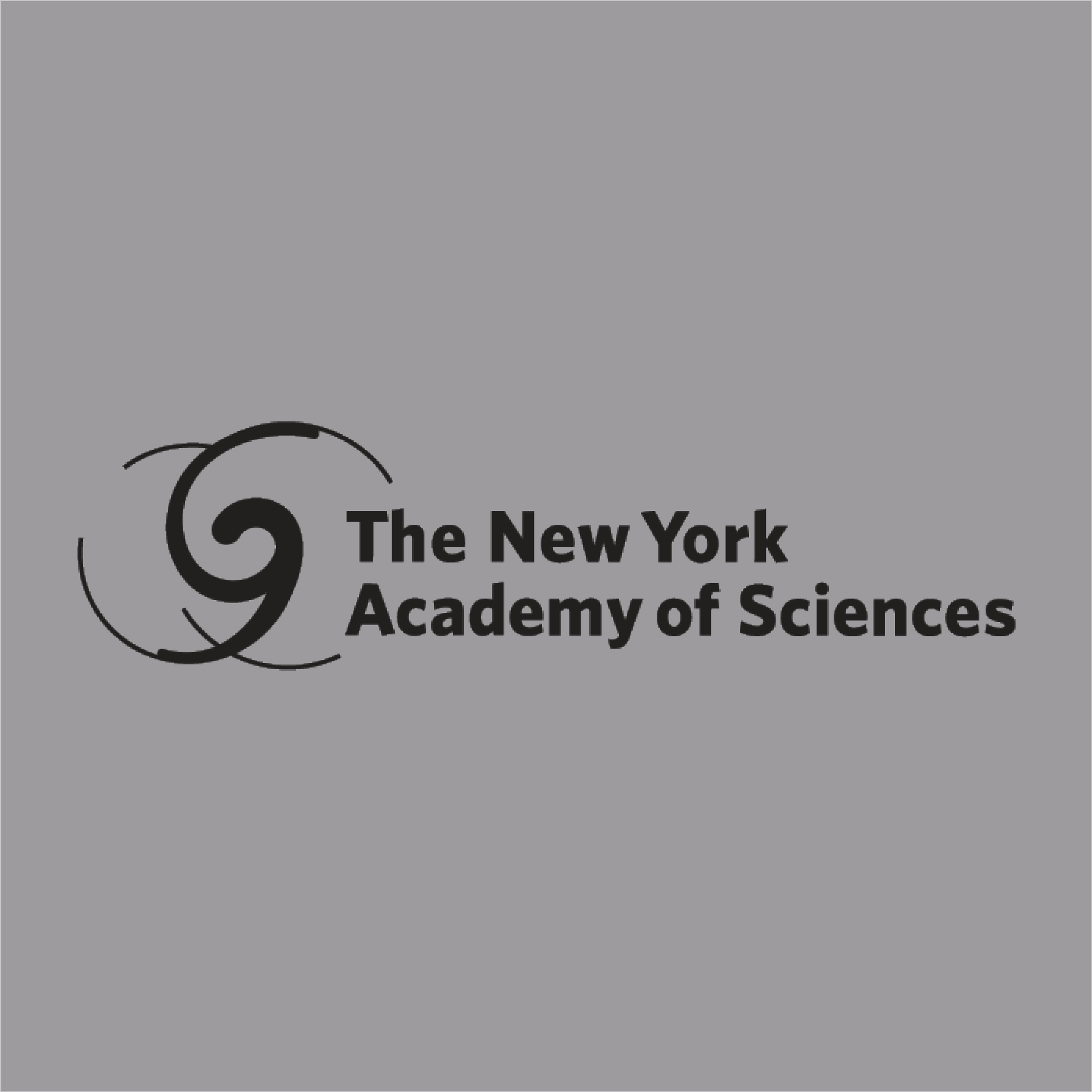International Science Reserve: The Evolution of a Global Scientific Readiness Force
By Dario Gil, SVP and Director of Research, IBM
In June 2020, we were all in one of the first waves of the still-ongoing COVID-19 pandemic, which had crippled our world. And back then, neither I nor anyone else could anticipate just how much damage and dread this disease would bring – and for many, feelings of uncertainty and nervousness about the future just wouldn’t go away.
But many of us were already thinking ahead. This crisis would eventually end, we assumed. But it most likely wouldn’t be the last one. In my conversations with leaders across governments and industries, there was a common thread from us all: we wanted the world to be ready for the next crisis ahead of time.
Today, this vision is becoming a reality with the International Science Reserve (ISR), powered by The New York Academy of Sciences with participation from IBM and other public and private sector leaders. This new organization intends to become a nimble network of academia, industry, and government, blurring geographical borders to collaboratively prepare for the next global emergency. Although ISR is at the very dawn of our journey – I am confident we will make a difference when the next crisis strikes.
We are confident in the ISR approach because we have a great example to learn from – the COVID-19 High-Performance Computing (HPC) Consortium.
Early at the start of the pandemic, our teams at IBM rapidly mobilized thousands of researchers to help fight the deadly virus. We weren’t working in a vacuum – a few months earlier, IBM, the White House, and the US Department of Energy had launched a new global body called the COVID-19 HPC Consortium. This organization rapidly expanded to include many partners from academia, industry, and US national labs, pooling together the world’s most powerful high-performance computing resources to offer to scientists fighting the disease.
Working together, the HPC Consortium (HPCC) was able to quickly aggregate and open unfettered access to the power of dozens of supercomputers to scientists searching for a vaccine or treatment against the virus. The success of the HPCC demonstrated the power of what’s possible when we break down borders and red tape to quickly collaborate and accelerate science in times when it’s needed most.
Ultimately, the HPCC delivered steady results thanks to the efforts of our members and the researchers worldwide using its computing resources. With partners including Google Cloud, IBM, Intel, Microsoft, Amazon Web Services, NASA, MIT, NSF, the Department of Energy’s national labs, as well as government and academic organizations from beyond the US, the Consortium has so far helped more than 100 research teams to come up with new treatments, better understand the spread of COVID-19, and much more. Every milestone has been a testament to the crucial importance of global collaboration – and for the establishment of a new, broader, organization that would go beyond computing and enable us to prepare for future catastrophes from multiple fronts.
At IBM, we soon began to think about how we could make this broader vision a reality. An organization… a global body… always ready for ‘known unknowns’ and large-scale emergencies we could anticipate and prepare for ahead of time… similar to a military reserve always ready to defend in case of war.
Our world needs a reserve of scientists, of experts in different fields that would always be ready to address any future global crisis. An organization with the bottom-up nature of the reserve concept, comprised of researchers using the power of the network to prepare for a new emergency.
We know that another pandemic is very likely, possibly with some new, unknown pathogen. That the world will continue to have more devastating wildfires and deadly earthquakes. Cyberattacks could take out infrastructure on a massive scale and asteroids could threaten the Earth. That such ongoing problems as antibiotic resistance and climate change could trigger a catastrophe at any time. And if we start preparing for the next crisis early – unlike with COVID-19, scrambling in haste and panic – then we will be much more likely to save lives.
Over the past year, IBM has been working with The New York Academy of Sciences (NYAS) to establish the International Science Reserve (ISR) to execute this vision. The ISR is still a very young organization, but we are gathering steam. We have a vision. Together with global talent from various scientific and technological fields, we will have an invaluable reserve of expertise – much-needed to tackle a future emergency.
Let’s prepare for the next crisis – together.
Warning: Undefined variable $showit in /var/www/nyas_develop/nyas/public/wp-content/themes/nyas-theme-child/includes/shortcodes.php on line 1802
